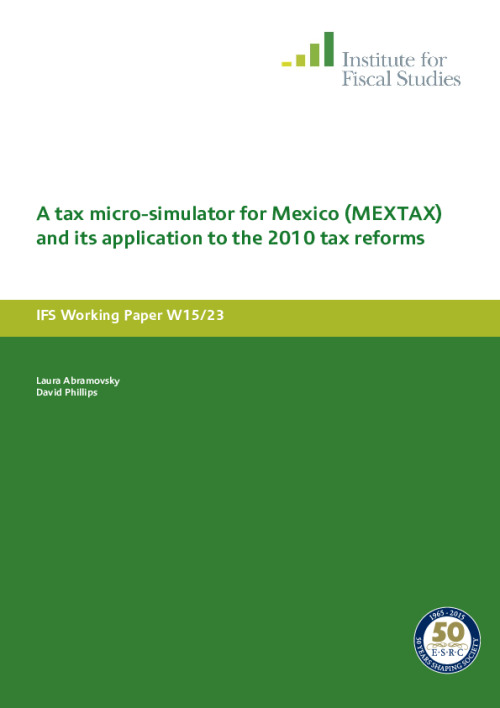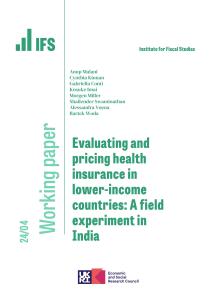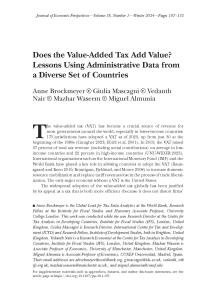We develop a tax micro-simulator model (MEXTAX) that can quantify the revenue and distributional impact of tax reforms in Mexico using micro-level data. We use MEXTAX to assess revenue-raising reforms to Mexico’s direct and indirect tax systems of 2010. Initial proposals by the Executive Power included the introduction of a uniform expenditure tax covering traditionally untaxed necessities (such as food). The reform approved by the Congress replaced this with an increase in the standard (non-uniform) rate of VAT, to avoid regressive impacts. Both reform packages included other minor changes to income tax and excise duties. We argue that given that indirect taxes were changed the most in both reforms, expenditure should be used to measured living standards and proportional progressivity. We find that both the reform package proposed and the reform package approved are progressive if expenditure is used as a measure of living standards, although this is not the case for the proposed reform if income is used. However, the proposed reform would have raised more revenues than the approved reform and we argue that the foregone revenues due to the amendments could have been used to target poorer households more effectively using more direct instruments for redistribution. We also find that using alternative assumptions about missing income or labor supply response affect quantitatively, but not qualitatively, results. The model can be extended to incorporate further behavioral margins and to other countries with similar tax structures.
Find a Spanish language version of this working paper here.










